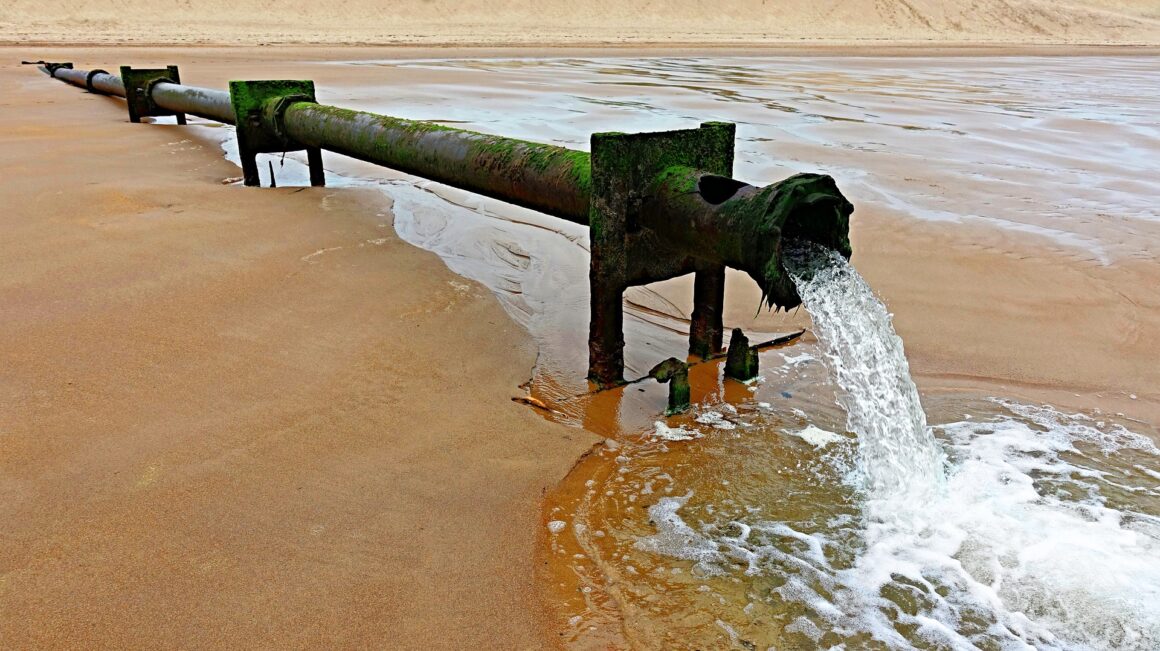

By George Banks
A shocking new study involving 30 water treatment works has estimated that 11bn litres of untreated sewage were discharged in 2020.
Water companies are not under any obligation to report the volume of discharged sewage. The government has rejected recommendations by MPs on the environmental audit committee that volume monitors be installed by water companies. Although precise figures of the volume discharged are unavailable, Environment Agency figures earlier this year showed there were a total of 301,091 sewage spills in 2022, an average of 824 every day.
After months of scandal around the decrepit state of the UK’s water network and rising public anger around sewage discharge, water companies are under pressure to act. They have pledged to invest an additional £10bn in the network this decade, tripling their original plans. Although the companies will fund these investments up front, industry body Water UK has confirmed that they intend to recoup the full cost through increased bills, piling more pressure on already struggling households.
At the same time, the nine English water and sewerage companies are expected to pay out £14.7bn in dividends to their shareholders by the end of this decade. According to analysis by David Hall at the Public Services International Research Unit at Greenwich University, these will cost customers £624 each by 2030 while they will pay on average an additional £425 for the investment to fix the sewerage system. That’s over £1000 per household handed straight to the water barons.
Access to water is necessary for human life and should be a public service, rather than being milked for profit as a private enterprise. The criminal negligence and profiteering of the private water companies have caused long term damage to our environment and health, deprived the network of necessary investment, and caused household bills to skyrocket.
Water UK assures us that ‘whatever the bill impacts, water companies will continue supporting more households with paying their bill than ever before’. That is simply not good enough. Water company shareholders are using customers as their personal piggy banks while simultaneously having them pay to repair the network, which those companies have allowed to fall into disrepair.
The privatisation of the water companies represented the theft of an essential service from the public for the benefit of a tiny cabal of monopoly capitalists. Not only have they failed to deliver the much vaunted ‘efficiency’ of the market, they have presided over an era of deteriorating services, pollution and rising bills.
This cannot continue. We demand the immediate renationalisation of the water companies under the control of the workers, without a penny of compensation to the profiteers – they have stolen more than enough of our money already. Only by taking over the network and running it for the benefit of the people, and not for private profit, can we guarantee a service which is fit for use.